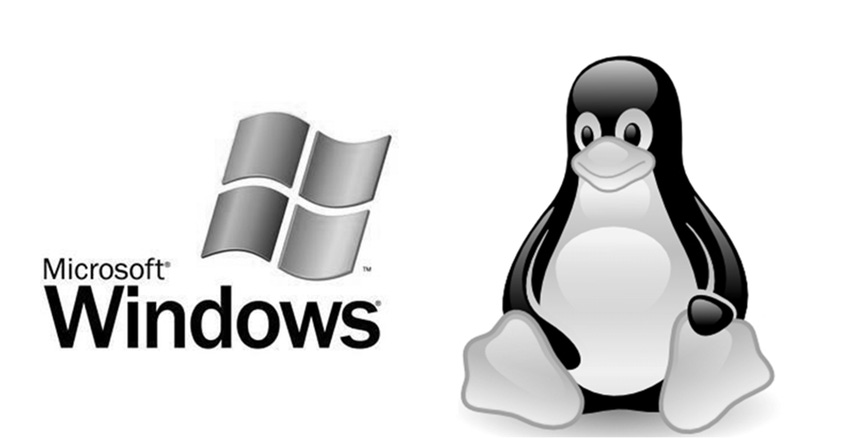Is Linux 20 years behind the curve compared to Microsoft Windows? Certainly not, but that's what things look like on the surface in the wake of Linus Torvalds's announcement of plans for Linux kernel version 3.11, otherwise known as "Linux for Workgroups." And that makes this a great moment to reflect upon how much the Microsoft-Linux relationship has evolved, and warmed, over the last two decades.

Is Linux 20 years behind the curve compared to Microsoft (MSFT) Windows? Certainly not, but that’s what things look like on the surface in the wake of Linus Torvalds’s announcement of plans for Linux kernel version 3.11, otherwise known as “Linux for Workgroups.” And that makes this a great moment to reflect upon how much the Microsoft-Linux relationship has evolved, and warmed, over the last two decades.
The Linux for Workgroups title—an homage to Windows 3.11, better known as Windows for Workgroups, which Microsoft released way back in August 1993—is the official code name Linux founder Linus Torvalds has bestowed upon Linux kernel 3.11. Linus also unveiled a new logo for Linux that harkens back to the old Windows 3.x splashscreens.
Linux 3.11, of course, will offer quite a few more features than Windows 3.11 provided 20 years ago. Chief among them are support for Intel’s Rapid Start Technology and superior power-saving capabilities for Radeon video cards.
But while Linux in general may still lack some features available in modern versions of Windows, and vice versa, drawing comparisons between the two operating systems is much more difficult today than it was a decade or two ago. The relationship between Microsoft and Linux has shifted fundamentally since then. Redmond is no longer so deeply at odds with the open source community.
To be sure, Microsoft and Linux still compete pretty heartily on the traditional server front, as well as for share of some parts of the virtualization market. But in other ways, they have evolved beyond their traditional deadlocked competitive relationship. For instance, making Linux a mainstream desktop operating system at Microsoft’s expense is no longer a priority for most open source developers, a fact Mark Shuttleworth highlighted in June when he declared Ubuntu’s “Bug #1” closed. And with OpenStack having come into its own, new paths have appeared for Linux and related open source platforms in cloud computing that don’t involve so much head-on competition with Microsoft.
This isn’t to say no one in the open source world would be sad to see Microsoft close shop and go out of business. But the willingness of leading open source developers to adopt a nickname for the core of Linux that pays homage to the historical importance of Windows symbolically highlights just how much the relationship between Microsoft and the Linux ecosystem has changed since the early years of the PC revolution—although it may be some time, one may hope, before we see the release of “Linux Vista.”
About the Author(s)
You May Also Like


